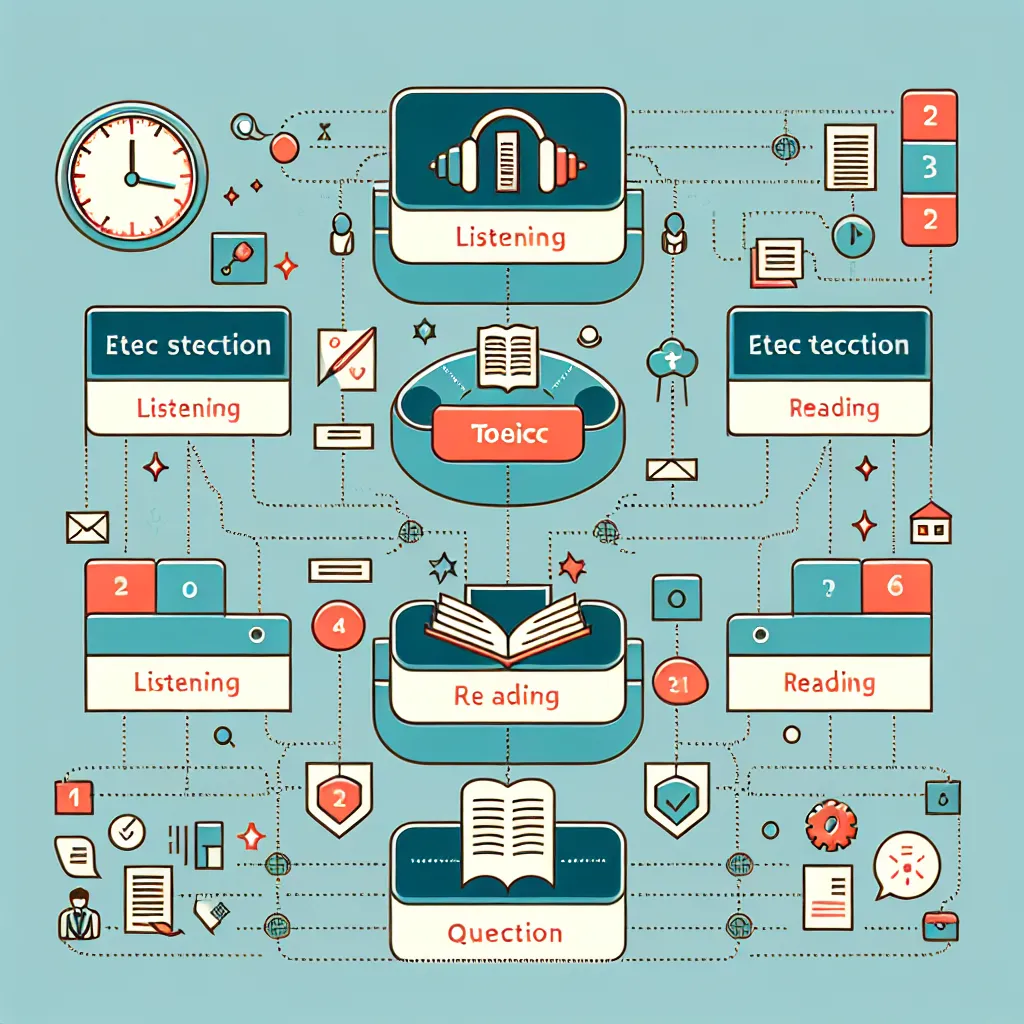Are you considering taking the TOEIC (Test of English for International Communication) exam? One crucial question you might have is, “Which Countries Accept The TOEIC Certificate?” This comprehensive guide will provide you with valuable insights into the global recognition of TOEIC and how it can benefit your career or educational pursuits.
Understanding TOEIC and Its Global Recognition
The TOEIC test, developed by Educational Testing Service (ETS), is widely recognized as a reliable measure of English language proficiency for the workplace. It assesses listening and reading skills, with optional speaking and writing components available in some regions.
 TOEIC Global Recognition
TOEIC Global Recognition
TOEIC Acceptance in Various Regions
-
Asia-Pacific
- Japan: Widely used by corporations and universities
- South Korea: Recognized by many companies and educational institutions
- Taiwan: Accepted for job applications and academic purposes
- Vietnam: Increasingly popular for employment and education
-
Europe
- France: Recognized by numerous companies and schools
- Germany: Accepted by some businesses, especially those with international operations
- Italy: Used by various organizations for hiring and promotions
- Spain: Gaining recognition in the business sector
-
North America
- United States: Accepted by some companies, particularly those with international connections
- Canada: Recognized by certain employers and educational institutions
-
Latin America
- Brazil: Growing acceptance in multinational corporations
- Mexico: Used by some international companies
-
Africa and Middle East
- United Arab Emirates: Recognized by some international businesses
- Egypt: Gaining popularity in the corporate sector
How TOEIC is Used in Different Countries
Corporate Sector
Many global companies use TOEIC scores to:
- Assess job applicants’ English proficiency
- Determine language training needs for employees
- Make decisions about promotions or international assignments
For example, in Japan, major corporations like Toyota and Sony often require TOEIC scores for new hires and internal promotions.
Educational Institutions
Universities and colleges in various countries accept TOEIC scores for:
- Admission to English-taught programs
- Graduation requirements
- Placement in English language courses
In South Korea, many universities use TOEIC scores as part of their graduation requirements or for course exemptions.
Government and Public Sector
Some government agencies and public institutions recognize TOEIC for:
- Civil service examinations
- Professional certifications
- Immigration purposes (in some cases)
For instance, in France, certain government ministries use TOEIC scores for employee assessments and promotions.
Factors Affecting TOEIC Acceptance
While TOEIC is widely recognized, its acceptance can vary based on:
- Industry norms in each country
- Specific company or institution policies
- Competition with other English proficiency tests (e.g., IELTS, TOEFL)
- Local education and employment regulations
Tips for Using Your TOEIC Certificate Internationally
-
Research Your Target Country: Always check with specific employers or institutions in your desired country about their TOEIC acceptance policies.
-
Consider Additional Tests: Some countries may prefer other English proficiency tests. Be prepared to take additional tests if necessary.
-
Highlight Your TOEIC Score: When applying for jobs or programs, emphasize your TOEIC score alongside other qualifications.
-
Keep Your Certificate Current: TOEIC scores are typically considered valid for two years. Retake the test if your score is outdated.
-
Understand Score Requirements: Different organizations may have varying score requirements. Aim for a score that meets or exceeds these standards.
Future Trends in TOEIC Acceptance
The global acceptance of TOEIC is continually evolving:
- More countries are recognizing TOEIC as businesses become increasingly international.
- The test is adapting to include more practical, workplace-oriented content.
- Online and computer-based testing options are expanding, making TOEIC more accessible worldwide.
 TOEIC Future Trends
TOEIC Future Trends
Conclusion
While TOEIC is widely accepted in many countries, particularly in Asia and parts of Europe, its recognition is not universal. The certificate’s value can vary significantly depending on the country, industry, and specific organization. As you plan your career or education, research the English proficiency requirements of your target countries and institutions carefully.
Remember, language proficiency is just one aspect of your qualifications. Combine your TOEIC certificate with other skills and experiences to maximize your opportunities in the global marketplace.
Have you used your TOEIC certificate internationally? Share your experiences in the comments below, and don’t forget to check out our other articles on English language proficiency tests and international career development!




